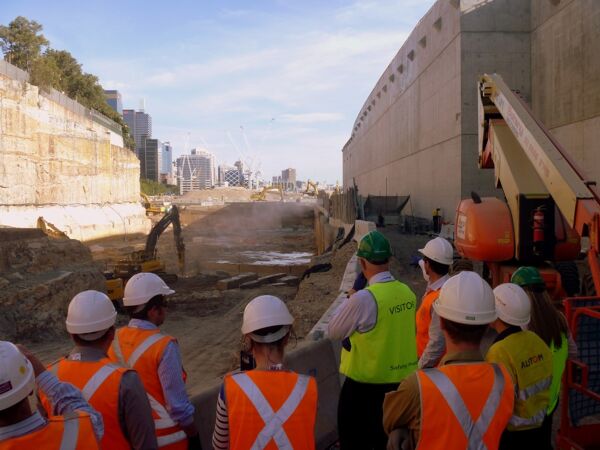The publication of the UK’s first National Infrastructure Assessment (NIA) has highlighted the need for a strategic approach to future infrastructure.
The National Infrastructure Commission (NIC), which makes independent recommendations to Government on long-term infrastructure needs, published its first assessment today.
The report calls for a move towards low-carbon and renewable energy sources, including wine and solar, and electric vehicles to improve the energy efficiency of the UK.
The assessment spans a range of sectors including transport, digital technology, waste, flood management, water supplies – and the energy network. It also provides recommendations for delivering improvements to the country’s infrastructure network up to 2050.
Sir John Armit, NIC Chairman, said:
“Whether it’s electric or driverless cars, new energy sources, tackling the risk of climate change or preparing for the newest and fastest broadband speeds, the issues we’ve been considering profoundly affect people’s everyday lives.
“The whole purpose of the UK’s first-ever National Infrastructure Assessment is to think beyond the technologies of today and to ensure we can make the most of future innovations. It’s why it’s not just a one-off but something we will be repeating every five years to ensure we remain on the front foot.
“This is not some unaffordable wish-list of projects: it sets a clear direction for how to meet the country’s future infrastructure needs, and makes a realistic assessment of what can and should be delivered within the stated aim of Ministers for steady and continued investment over the coming years.
Nick Baveystock, ICE Director General, said:
“We welcome the recommendations made in the NIA, which closely echo those made by ICE in its National Needs Assessment.
“Resilient infrastructure is vital for creating a more sustainable future for Britain. With an aging, and growing, population it is essential that infrastructure meets the future needs of society – this requires a long-term strategic approach to allow for effective planning and delivery.
“In publishing this detailed and comprehensive plan, the NIC has recognised the important areas that need clear strategic direction, from cleaner energy sources to digital transformation to improved flood defences. It is now up to the industry, clients and departments to work together to make these recommendations a reality.”
The assessment spans a range of sectors including transport, digital technology, waste, flood management, water supplies – and the energy network. It also provides recommendations for delivering improvements to the country’s infrastructure network up to 2050.
Alongside measures for delivering a low cost, low-carbon energy system, the Commission’s recommendations include a National Broadband Plan by Spring 2019, to deliver full fibre connections across the whole of the country, including those in rural areas. The new assessment is a key part of the NICs work to provide the government with independent advice about how to meet the country’s long-term infrastructure needs.
It also recommends that the Government work with councils and private companies to deliver a national network of charging points for electric vehicles and ensures that the impacts of connected and autonomous vehicles are taken into account when planning for the next rail control period and road investment strategy.
Find out how ICE Training can unlock your potential with our environment and sustainability courses here.



